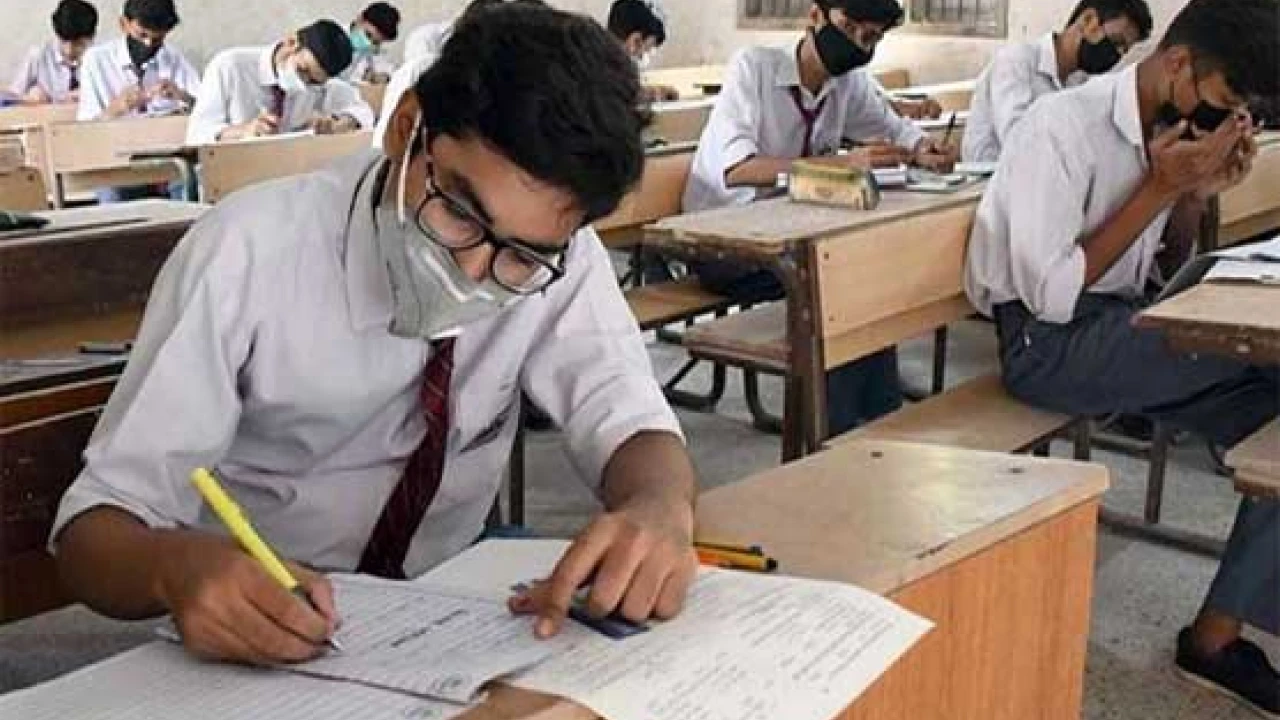In a landmark decision aimed at improving the educational landscape in Pakistan, the Inter-Board Coordination Committee (IBCC) has announced significant reforms to board examination standards. These changes, which will take effect from the 2025 examination cycle, aim to elevate academic performance, streamline processes, and ensure uniformity across educational boards nationwide.
Raising the Bar: New Passing and Grace Marks Policy
One of the most notable changes is the increase in passing marks from 33% to 40%. This adjustment reflects an effort to align with international academic standards and encourage better student performance. Additionally, the grace marks limit has been raised from three to five, providing students who score at least 35 marks in a subject with a lifeline to achieve the revised passing threshold.
However, to maintain academic rigor, the IBCC clarified that grace marks would only be available to students failing in no more than two subjects. This ensures that the system promotes genuine effort and competence, rather than excessive leniency.
Nationwide Uniform Examination Schedule
The IBCC has also addressed longstanding discrepancies in examination timelines by introducing a nationwide standard schedule:
- Matriculation Exams: Starting in March
- Intermediate Exams: Starting in April
- Results Announcement: Matric results in June and intermediate results in July
This change is designed to reduce delays in university admissions, particularly for competitive programs like medical and dental colleges, and to standardize academic calendars across provinces.
Innovations in Assessment: Model Assessment Framework (MAF)
The IBCC is making strides toward modernizing Pakistan’s examination system with the Model Assessment Framework (MAF). This initiative aims to standardize assessment practices across all boards. A key feature of this reform is the development of a Digital Question Item Bank aligned with the MAF. This bank will ensure consistency, fairness, and objectivity in examinations.
Promoting Inclusivity: Fee Waiver for Orphan Students
In a compassionate move to make education more accessible, the IBCC has approved a waiver of registration and examination fees for orphan students. Examination registration forms will now include an “orphan status” column to facilitate targeted support for these learners, emphasizing the IBCC’s commitment to inclusivity and equal opportunity.
New Grading Scale: From 7-Point to 10-Point System
To further modernize Pakistan’s education system, the IBCC recently announced a new 10-point grading scale for Secondary School Certificate (SSC) and Higher Secondary School Certificate (HSSC) examinations. This replaces the outdated 7-point scale, aiming to promote fairness and reduce grade inflation.
Impact on Pakistan’s Educational Ecosystem
These sweeping reforms reflect the IBCC’s resolve to uplift the standard of education in Pakistan. By raising passing thresholds, streamlining schedules, and adopting modern assessment tools, the committee is laying the groundwork for a more robust and equitable academic environment.
While challenges in implementation are expected, these measures promise to bring long-term benefits, including better-prepared graduates, streamlined admissions processes, and enhanced educational standards across the country.
As the reforms come into effect in 2025, students, educators, and institutions alike will witness a significant transformation in Pakistan’s education system — one that fosters excellence, inclusivity, and progress.



